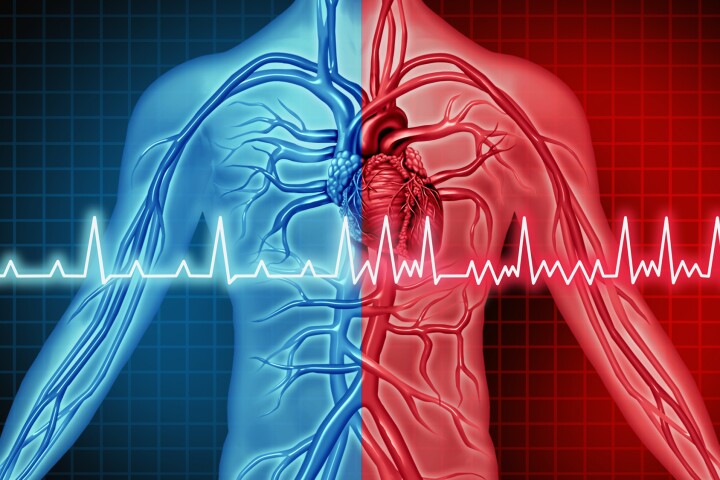We all know that the aroma of food is a key factor in the enjoyment of eating it. Therefore, it shouldn't come as a surprise to learn that mice who temporarily lost their sense of smell gained less weight than a control group that retained it – the non-smelling mice must have eaten less, right? Actually, no. They ate just as much as the other mice, suggesting a new approach to weight loss in humans.
The study was carried out at the University of California, Berkeley, and was led by Prof. Andrew Dillin and Céline Riera. It involved using gene therapy to destroy the olfactory neurons in the noses of adult mice while sparing the stem cells – this caused the animals to lose their sense of smell for about three weeks, until the neurons regrew.
During that period, both they and the control group were put on a high-fat diet. Although both groups ate the same amount of food, the smell-deficient mice gained at most 10 percent more weight, while their normal counterparts gained around 100 percent of their regular weight.

Additionally, after mice that were already obese had their sense of smell knocked out, they slimmed down to the size of normal mice, even while on a high-fat diet. The weight that they lost came only in the form of fat, not organs, muscles or bone mass. What's more, while they had previously developed glucose intolerance (which leads to diabetes), they regained normal glucose tolerance when they lost the weight.
On the other hand, when mice that were genetically engineered to have a "super" sense of smell were tested, they gained more weight on a standard diet than the control group did.
Although the scientists are still trying to understand exactly what's going on, they believe that it may come down to the fact that animals (including people) are more sensitive to smells when they're hungry. The lack of food smells could trick the body into thinking it's already eaten, so it burns calories instead of storing them.
"Sensory systems play a role in metabolism," says Dillin. "Weight gain isn't purely a measure of the calories taken in; it's also related to how those calories are perceived. If we can validate this in humans, perhaps we can actually make a drug that doesn't interfere with smell but still blocks that metabolic circuitry. That would be amazing."
Unfortunately, however, there is a danger. Eliminating the mice's sense of smell did result in a large increase in their levels of noradrenaline, a stress hormone that's linked to the sympathetic nervous system. In humans, a sustained elevation of it could cause heart attacks. Nonetheless, the researchers believe that for people such as the morbidly obese, it could be worth the risk – particularly if the treatment only lasted for around six months.
A paper on the study was recently published in the journal Cell Metabolism.
Source: UC Berkeley





